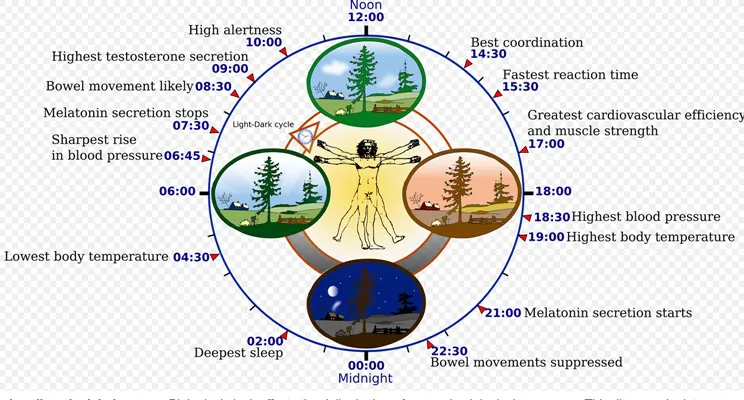
How To Tease Hair!
Introduction
Big hair is sizzling. Whether you spot it on super models gliding down the fashion runways or celebrities showing off big puffy strands on Red Carpets, back combed strands are one of the hair fashion hits of the moment. Backcombing, also known as "teasing" or hair ratting, has been around for many years. Teased hair became super popular during the 1950s when big hairdos like the Bouffant and Beehive were the rule rather than the exception. Note: Check out Beehive Hair Buzzes Back Popular styles during the 50s were teased into big, bodacious, dizzying heights. Then it was sprayed into a solid beehive or bouffant helmet that sometimes flowed into curls, waves or a tight flip at the ends. If you are willing to tease your own hair into towering puffs you will need to practice, practice and practice. If you have someone in your family who was a proud member of previous big hair movements ask them for some tips. You can also practice on a wig or add-on pony that is made of human hair.
Instructions - Backcombing/Teasing StepsIf you wish to try back combing or teasing your hair at home, follow the steps listed below: 1. Begin by making sure that super curly or wavy tresses are flat ironed or blow dried straight. Although curls and waves will create major height and volume, they will also have a tendency to be more easily damaged. Avoid backcombing hair that has any natural texture without first straightening to prevent excessive tangling. 2. If hair is flat ironed before it is backcombed, be sure that the strands are 100% cool before teasing. Strands that are still warm or hot will break or rip easier. 3. Begin by using a soft boar’s head brush or similar natural bristle brush to make sure that all knots and tangles are completely removed from all strands before backcombing. Never backcomb strands that are not first detangled completely. 4. Using a rattail or metal comb or teasing brush, part off a section of hair from the rest of the strands. Clip the remaining hair out of the way. 5. Using your hands in conjunction with a comb or brush, gather a small section of hair approximately 1-2 inches in thickness. Note: Use smaller strands for tighter results or larger strands for looser results. 6. Hold the ends of the new section straight up and out from the scalp with one hand. In essence you will be backcombing your strands in the opposite direction from its natural growth pattern. 7. With the other hand, run the comb down the length of the hair from the end towards the base of the scalp in short, sharp and uniform strokes. 8. If you don't achieve enough teased hair or height in the first pass, repeat the process until the hair has the right fullness, height and texture. 9. Spray newly teased sections with a firm hold hairspray. Repeat after each new section is created. 10. Once the first section is completely teased, pick up the next section of hair and repeat the process until all of the desired sections of hair have been completely backcombed. 11. Select a firm hairspray to completely spray all of the teased hair when the backcombing is complete. 12. Using both hands carefully smooth the teased hair back in the opposite direction making sure there is a lot of height in the desired area of the hair. Since teased hair can sometimes look rough around the edges, consider using a shine serum like Phyto's PhyoLisse, Rene Furterer's Spray Gloss or Robert Hallowell's Love That Shine Drops. Apply the shine serum or spray of choice to the palms of your hands. Rub the product into the palms and then lightly glide over the top of the teased style to add instant shimmer and shine and remove any roughness. Spray well with hairspray like Phytolaque or Jessica Simpson’s favorite Phytolaque Soie made with real silk that adds a soft sheen to the final look and will also help soften the overall finish. SummaryHair experts do not advise daily hair teasing because of the potential damage that can occur to delicate strands. Whether you tease your entire mane or spot tease select sections, such as your crown, always remember to be as gentle as possible and deep condition in between teasing sessions. Social Media Network InformationPlease follow me on Twitter at: http://Twitter.com/HairBoutique. I look forward to meeting new people Thank you for visiting us at The HairBoutique Blog and for leaving your comments. They are very much appreciated. We apologize in advance but must remove any direct advertisements or solicitations. - Revised Publication Date: 05/05/11 | |||
| If you want to talk more about this or other hair care articles on HairBoutique.com or anywhere else, please post a message on HairBoutique.com's Hair Talk Forums.
|
Social Media Network Information
Please follow us on Twitter at: https://Twitter.com/HairBoutique. I look forward to meeting new people from all walks of Twitter and learning from their Tweets.

















